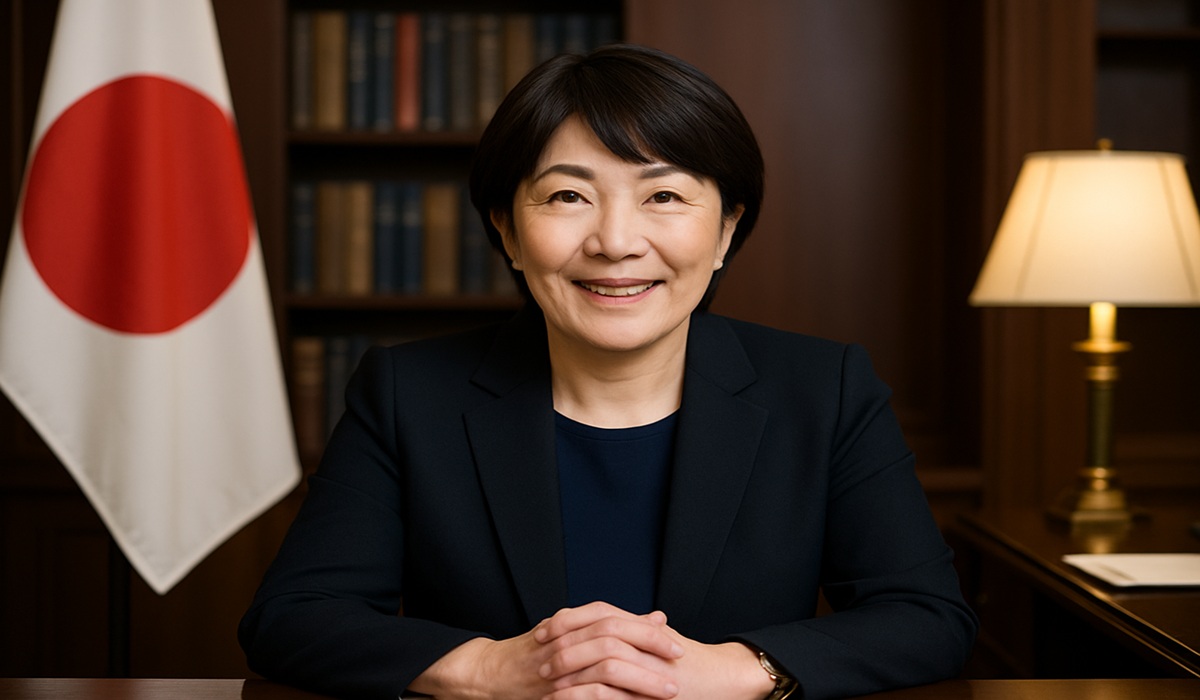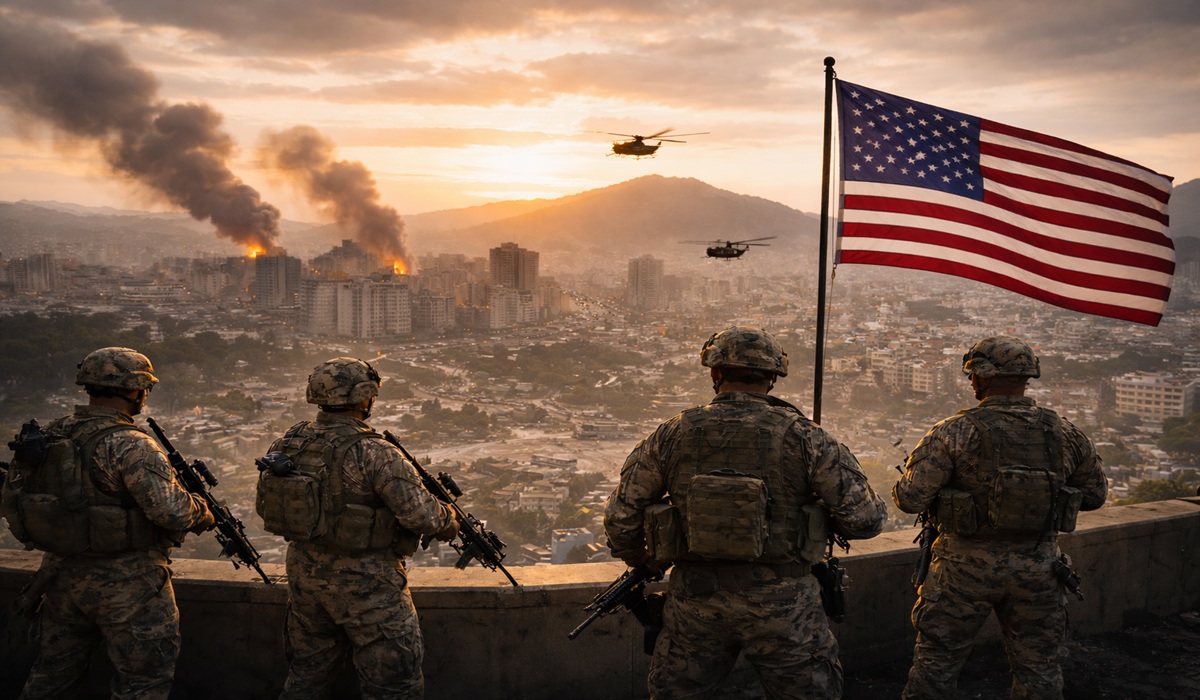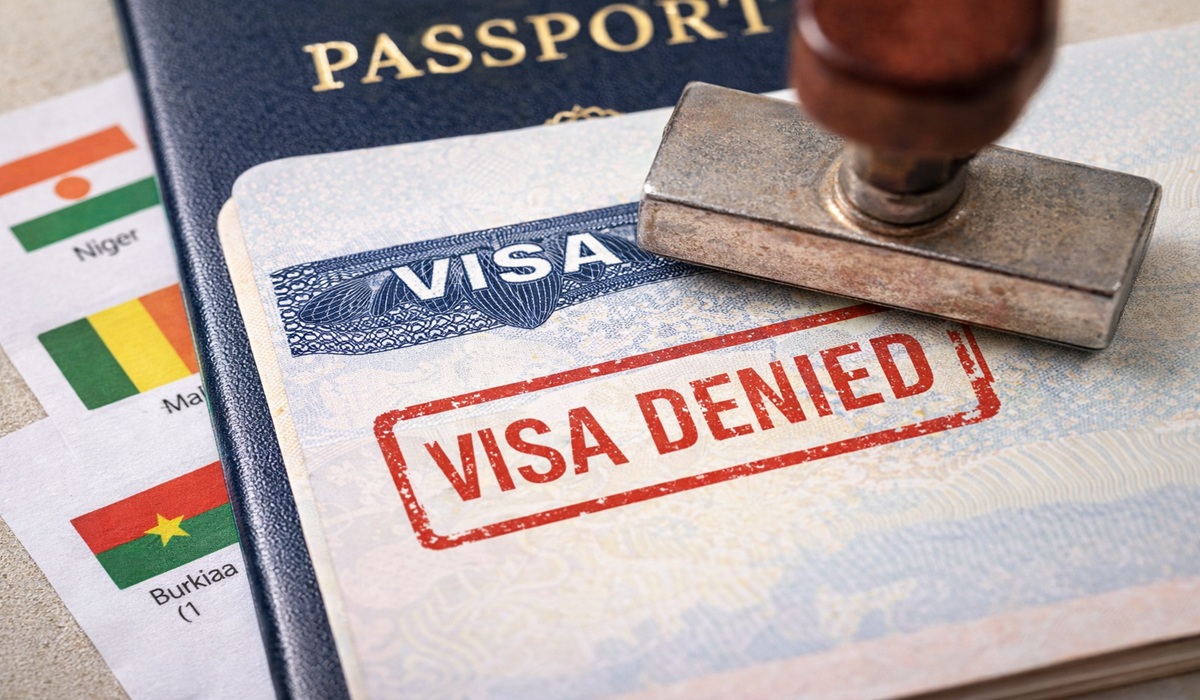Japan, Taiwan, and the Diplomatic Firestorm Tokyo Is Now Trying to Contain
- Naomi Dela Cruz
- Breaking News
- November 17, 2025

Japan’s political landscape was jolted in November when Prime Minister Sanae Takaichi delivered remarks that appeared to push Tokyo closer than ever toward direct involvement in a potential Taiwan conflict. Speaking in parliament, she outlined a scenario in which Chinese military operations targeting Taiwan could pose what Japanese law defines as a “survival-threatening situation,” a legal threshold that could permit Japan’s Self-Defense Forces to engage in collective self-defense alongside its allies. The phrasing alone marked a significant departure from Japan’s longstanding strategic ambiguity on Taiwan. For decades Tokyo has calibrated every public statement on the issue with extreme caution, fully aware that the country’s pacifist constitution — shaped after World War II — imposes strict limits on military action and public expectations lean heavily toward non-intervention unless Japan itself is directly attacked.
The Prime Minister’s comments did not occur in a vacuum. Japan’s southwestern islands sit alarmingly close to Taiwan, and every national security review for the past decade has warned that a major conflict in the Taiwan Strait could quickly spill into Japan’s maritime space or compromise the sea-lanes vital to its economy. At the same time, Japan has been deepening defense coordination with the United States, increasing its military budget, and modernizing its defensive posture in ways that Beijing routinely criticizes. Still, for all of this movement, Japanese leaders historically avoided explicitly stating that they might send forces to respond to an attack on Taiwan. That red line had remained untouched — until now.
China reacted instantly and sharply. Beijing denounced the remarks as dangerously provocative and accused Japan of violating the spirit of the 1972 normalization agreement that has governed relations for half a century. The temperature rose further when a senior Chinese diplomat made comments that Tokyo deemed threatening, prompting Japan to lodge a protest. This escalation signaled to Japanese officials that the situation had evolved beyond a domestic debate over legal interpretations. It had become a full-blown diplomatic crisis with the region’s most powerful nation.
Recognizing the gravity, Tokyo moved toward emergency damage control. Behind the scenes, Japanese officials began intensive back-channel exchanges with Beijing, and soon after, Japan dispatched a high-level envoy to China to cool tensions. The goal was simple: avoid the perception that Tokyo was abandoning its pacifist framework and preparing for war. The reality is more complicated. Japan’s security legislation passed in 2015 already allows for limited collective self-defense under certain conditions, and the Prime Minister’s comments technically fell within that framework. Yet the sensitivity is profound. Any hint that Japan could deploy troops in a Taiwan contingency strikes deep historical nerves across East Asia, especially in China, where memories of Japanese militarism remain raw and politically potent.
The diplomatic scramble unfolding now reflects the broader strategic shift taking place in the Indo-Pacific. Japan is trying to balance two competing imperatives: maintaining a credible deterrent posture in partnership with the United States while preserving a functional relationship with China, the economic powerhouse that remains its largest trading partner. By speaking more openly about a potential military role in a Taiwan conflict, the Prime Minister inadvertently tightened the rope Japan has long walked. The government now finds itself explaining that its defensive commitments have not changed, that it remains constrained by constitutional limits, and that the comments were meant to describe hypothetical legal scenarios rather than signal new policy intentions. Whether Beijing accepts that explanation remains unclear.
What is certain is that the episode has become a defining moment for Japan’s new administration. It underscores how quickly tensions over Taiwan can escalate and how difficult it is for Tokyo to adjust its security posture without sparking regional alarm. It also illustrates the sharp edge of the current geopolitical climate: even a hypothetical comment can trigger serious diplomatic fallout. Japan is now engaged in a careful, urgent effort to restore calm while preserving credibility. But the broader truth is unavoidable. The region has entered a period where miscommunication alone carries real danger. Japan did not intend to signal readiness for war — yet the reaction has made it clear that even the suggestion carries consequences far beyond Tokyo’s control.








